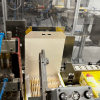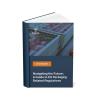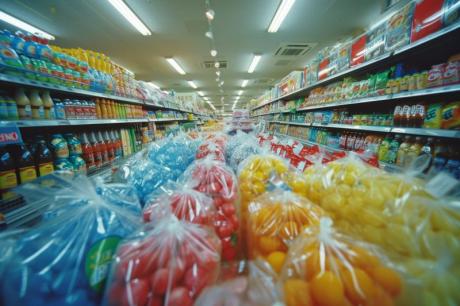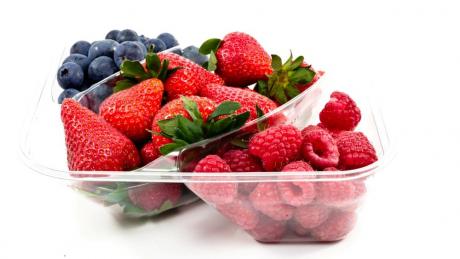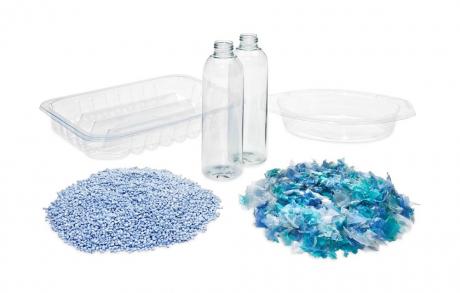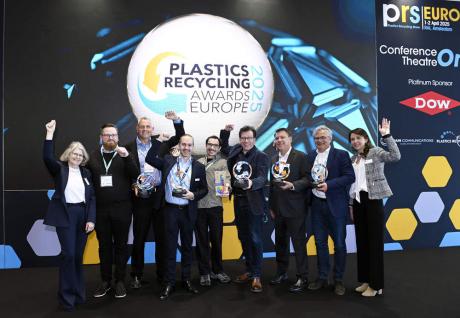For many years Tetra Pak has been working in partnership with a number of companies committed to environmental sustainability and the development of a circular economy, such as Filoalfa, an Italian company belonging to the Maip Compounding Group, which specialises in the production of filaments for 3D printing. This partnership has resulted in Alfapak 3D, a new filament made from recycled polymers derived from beverage cartons. Specifically, the product is made from the non-fibrous components of the carton; Alfapak 3D thus gives a second life to the plastic and aluminium fractions present in this type of packaging.
It all starts with the proper separation of beverage cartons, i.e. cellulose-based packaging for milk, juices, wine and other food products, which are then sorted and sent to the paper mill for recycling. Here, the polyethylene and aluminium components are separated from the cellulose fibres, which are then used to make new paper, while the polyethylene and aluminium fractions are sent to special plastics recyclers, which turn them into a valuable new raw material.
This new raw material then arrives at the Maip compounding plants, where it is transformed into a 3D printing filament with advanced technical performance, also thanks to the addition of carbon fibre. This filament is thus an example of the valorisation of recycled materials, marking the beginning of a new era in the panorama of FFF 3D printing.
Alfapak 3D will be officially presented to the public during the Mecspe exhibition in Bologna through the printing of a series of iconic Krill Design products. For this occasion, Filoalfa has entered into a collaboration with the Milanese design studio, which specialises in the development of eco-design products. At the Maip Compounding - Filoalfa stand, it will be possible to see the potential of the filament thanks to some of the products in the Krill Design collection, which will be on show and will demonstrate how the packaging sector can contribute to sustainable development, respecting the environment and future generations.



